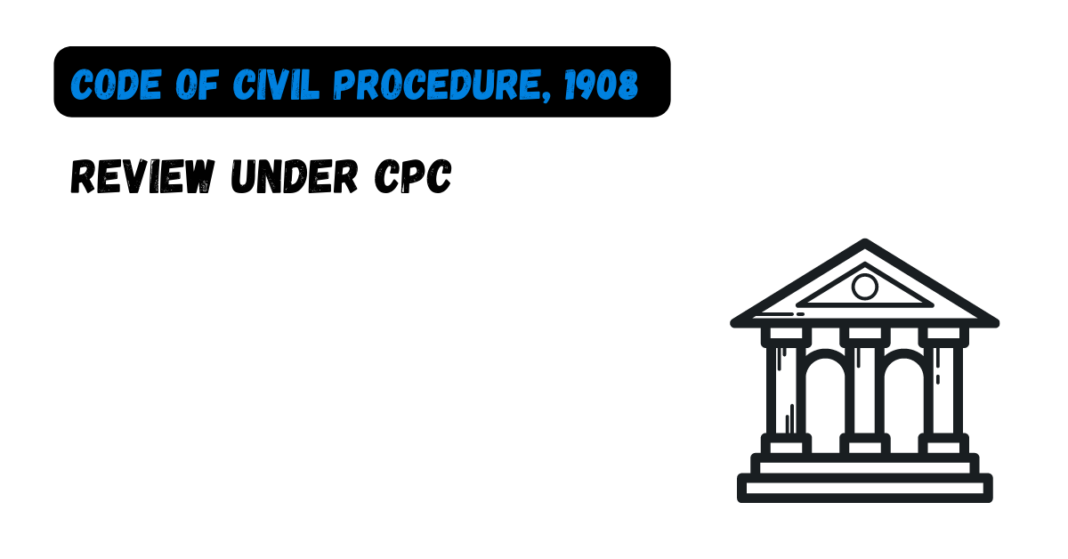The concept of review under the Code of Civil Procedure (CPC) allows a party to seek a re-examination of a decision made by a court, with the aim of correcting errors, omissions, or miscarriages of justice that may have occurred during the original proceedings.
Review Petition
A review petition is a formal request made by a party to the same court that rendered the decision, asking for a review of that decision. The review petition is typically filed on the grounds that there is an error apparent on the face of the record, which, if corrected, may lead to a different outcome.
Limited Grounds for Review
The grounds for filing a review petition are limited and generally include:
- Discovery of new and important matter or evidence that was not known to the party seeking review at the time of the original decision.
- Manifest error or mistake apparent on the face of the record.
- Any other sufficient reason that justifies a review in the interest of justice.
Time Limit for Filing
The CPC specifies a specific time limit within which a review petition must be filed. Generally, the review petition must be filed within 30 days from the date of the decree or order that is being challenged for review.
Procedure for Review
The review procedure involves filing a review petition before the same court that rendered the original decision. The petitioner must clearly state the grounds for review and provide supporting arguments or evidence. The court will consider the review petition, along with any responses from the other party, and may conduct further hearings or examination if necessary.
Scope of Review
The scope of review is limited to the grounds specified in the CPC. The court will primarily focus on examining whether there is an error apparent on the face of the record or if there are any other sufficient reasons justifying a review.
Discretion of the Court
The court has the discretion to accept or reject a review petition. The court will carefully evaluate the grounds raised in the review petition and determine whether they warrant a review. The court may either dismiss the review petition if it finds no merits or allow the review and proceed to re-examine the case.
Finality of Review Decision
The decision rendered after the review process is considered final and binding, subject to any further legal remedies available in exceptional circumstances, such as an appeal to a higher court.





